Keeping Roosters in your Backyard Flock
Roosters, or rather one rooster, can be a great addition to a backyard flock…if you are allowed to have them. Many cities do not allow roosters because of their noise (a rooster’s crow is 100dB from 1 meter away).
If you are allowed to keep a rooster in your area, there are many benefits for your flock:
Myths about Keeping Roosters
All roosters are mean.
Some roosters are very sociable and loving. Temperament depends greatly on breed and level of socialization roosters received as a chick. Holding your chicks, bribing them with treats and spending time with them help roosters and hens become more comfortable around you. Work towards building a relationship based on respect (see tips below).
Hens will not lay eggs without a rooster.
Hens will not lay fertilized eggs without a rooster, but laying eggs is a natural process for hens and they do not need a rooster to lay eggs.
You can’t eat fertilized eggs.
Fertilized eggs are still safe to eat, however some people may not choose to eat them. Unless a chicken egg is incubated, the embryo will not continue to grow. Fertilized eggs will keep the same amount of time as unfertilized eggs when stored properly.
Roosters only crow in the morning to announce the sunrise
Roosters crow throughout the day for many reasons: to warn off predators, compete with a rival, call the ladies to food, just for fun, and probably lots of other reasons they can’t tell us because they do not speak human.
Roosters are only good for meat.
Tips for Keeping a Rooster with your Backyard Flock
1. Build a relationship.
What does a good realtionship with a rooster look like?
Help him with his jobs
Show him food first when you bring it to the flock and let him call the rest of the flock over to the food.
Do not mimic or mock him
Chickens are smart and he will know you are making fun of him. This is the only time our roosters have chased us.
Show him respect
Approach him slowly. Check if it is okay before bending down, picking up one of his ladies, petting him, walking in front of him. You get to know him well by spending time, and he will give you cues if your actions will upset him.
Earn his respect
Earning a rooster’s respect comes from providing food, respecting him and his flock, and sometimes, kindly asserting your dominance. Chickens have a natural pecking order and a hierarchy build on asserting dominance. They respect it. Some chickens are mean about it and will peck at another, keep them from accessing food or the best spot on the perch at night. Our goal is to treat our chickens with as much respect and kindness as possible. Asserting dominance on a rooster simply means placing your hand between his wings on his back and gently shaking with a bit of pressure. See this video.
2. Do not hide or run from him.
This is the hardest one. Roosters can do damage, and if you adopt an older rooster, this may be harder to follow. Every inch you give them, dominant roosters will take a mile. Just like training horses or dogs, you must be consistent and show you are alpha.
3. Get a saddle for his favorite ladies to prevent great feather loss.
When a rooster mounts a hen, he stabilizes himself by holding her head feathers with his beak and her back feathers with his feet. Sometimes this action pulls feathers out. A way to prevent feather loss is by buying or making a chicken saddle for your hens. (MAKE A CHICKEN SADDLE) The more ladies your flock has, the less damage he will do mounting them because he has a greater variety. 1 rooster:10-20 hens is a good ratio.
4. Beware keeping multiple roosters with hens.
Again, the golden ratio is 1 rooster: 10-20 hens. Roosters compete for mates around hens and can fight with one another. If you have space, consider keeping a bachelor flock. Many chicken keepers find that bachelor flocks (all roosters) get along well because they do not have reproductive competition. As usual, make sure to properly introduce new flock members to limit aggressive behaviors.
Some great books that discuss keeping roosters:
*Note: As an Amazon Affiliate, we may receive a small commission from elidgible purchases.
Kuo, Anne. The Beginner’s Guide to Raising Chickens: How to Raise a Happy Backyard Flock. Emeryville: Rockridge Press, 2019.
Caughey, Melissa. How to Speak Chicken: Why Your Chickens Do What They Do & Say What They Say. North Adams: Storey Publishing, 2017.
Keyes, Giene. Click with Your Chick: A Complete Chicken Training Course Using the Clicker. Mount Joy: Fox Chapel Publishing, 2019.
Hobson, Jeremy and Celia Lewis. Keeping Chickens: Getting the Best from Your Chickens. Cincinnati: David & Charles Book, 2010.
Sources
Archer, Gregory S. and A Lee Cartwright. “Incubating and Hatching Eggs.” n.d. University of Nebraska Lincoln . Texas A&M Agrilife Extension. <https://alec.unl.edu/documents/cde/2017/livestock-management/incubating-and-hatching-eggs-2017.pdf>.
“How do Chickens Mate? Chicken Reproduction. Love is in the Coop: a Guide to Chicken Reproduction.” 14 February 2017. Nutrena. Dec 2022. <https://www.scoopfromthecoop.com/tag/chicken-reproduction/>.
Jacob, Dr. Jacquie. “External Anatomy of Chickens.” n.d. Poultry Extension. Dec 2022. <https://poultry.extension.org/articles/poultry-anatomy/external-anatomy-of-chickens/>.


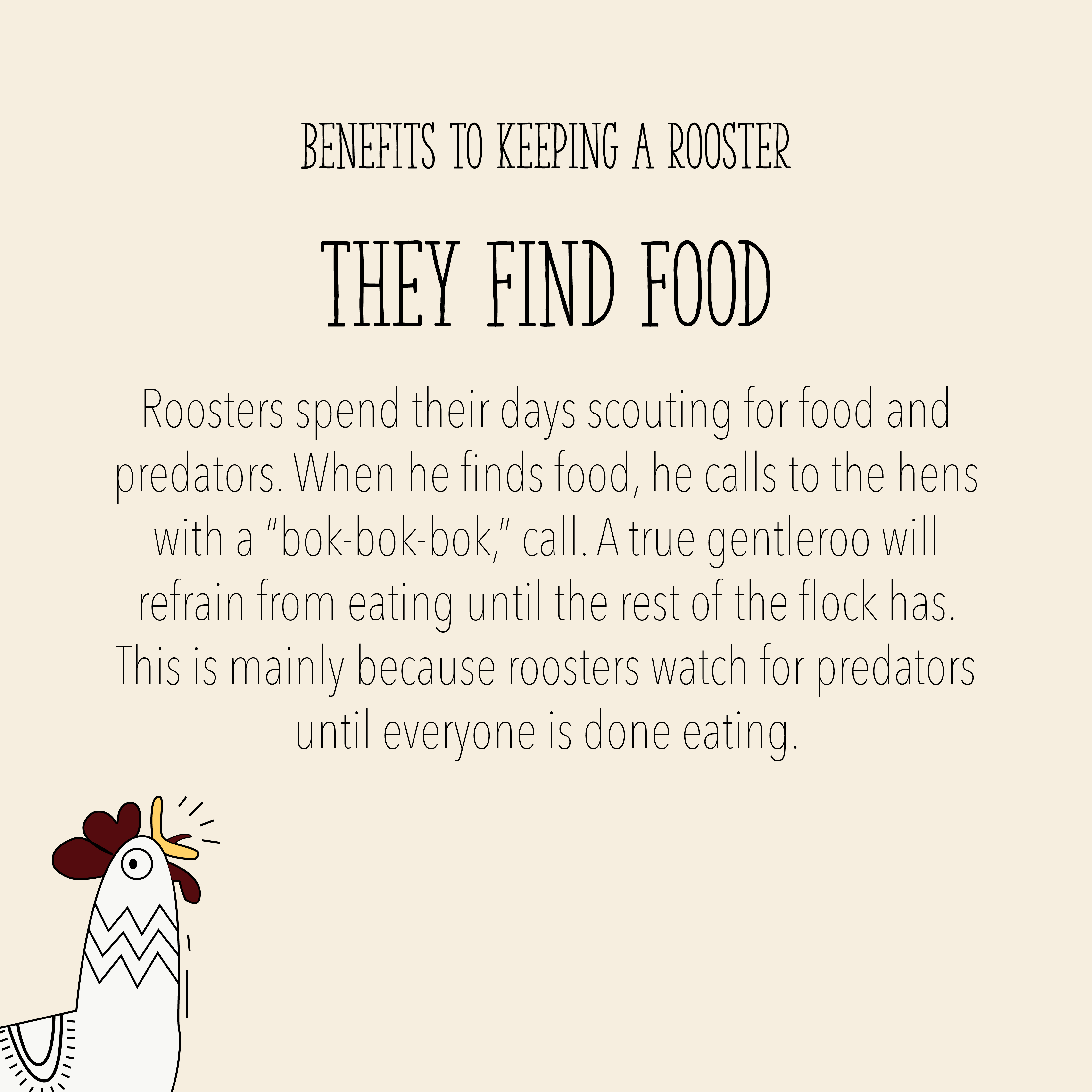
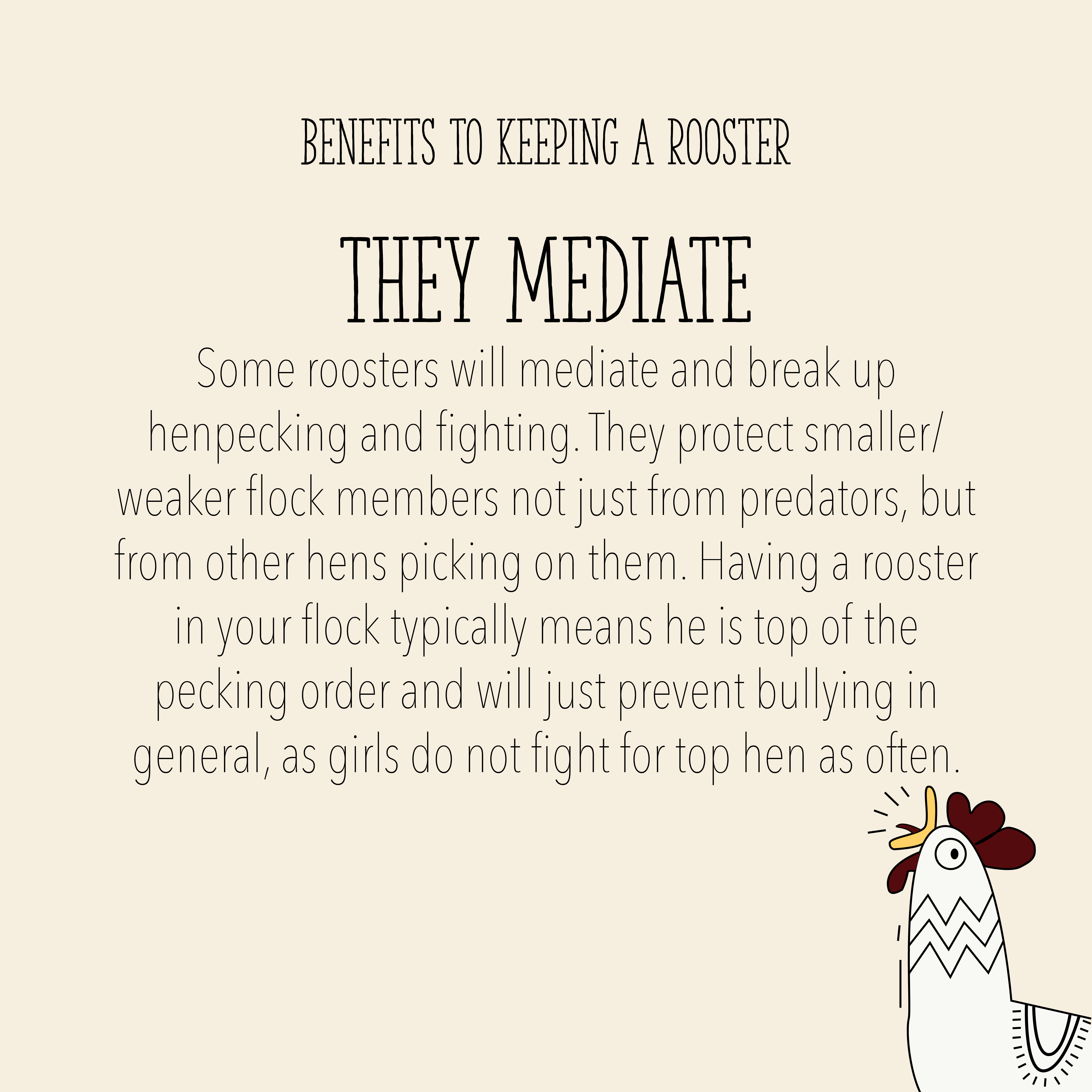
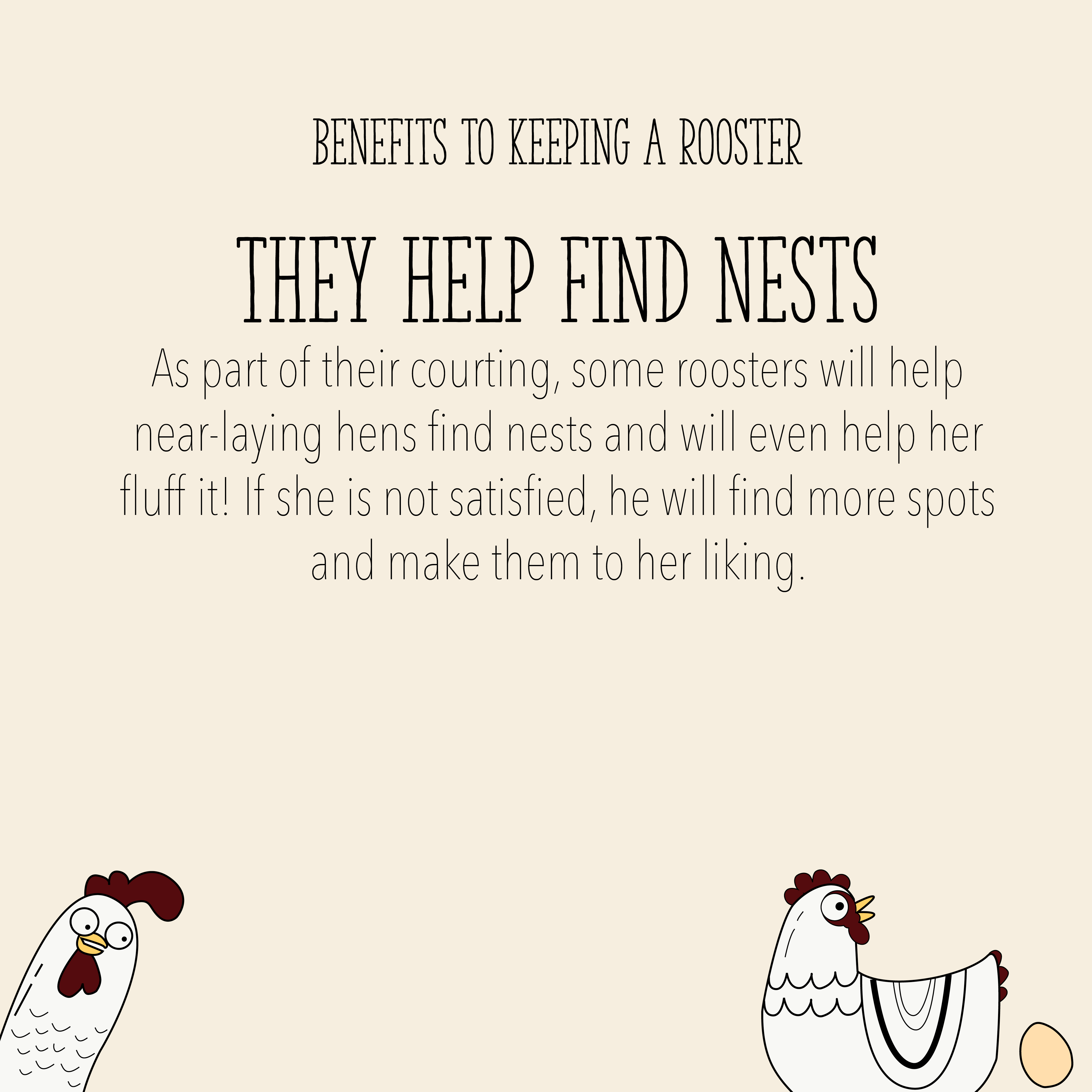
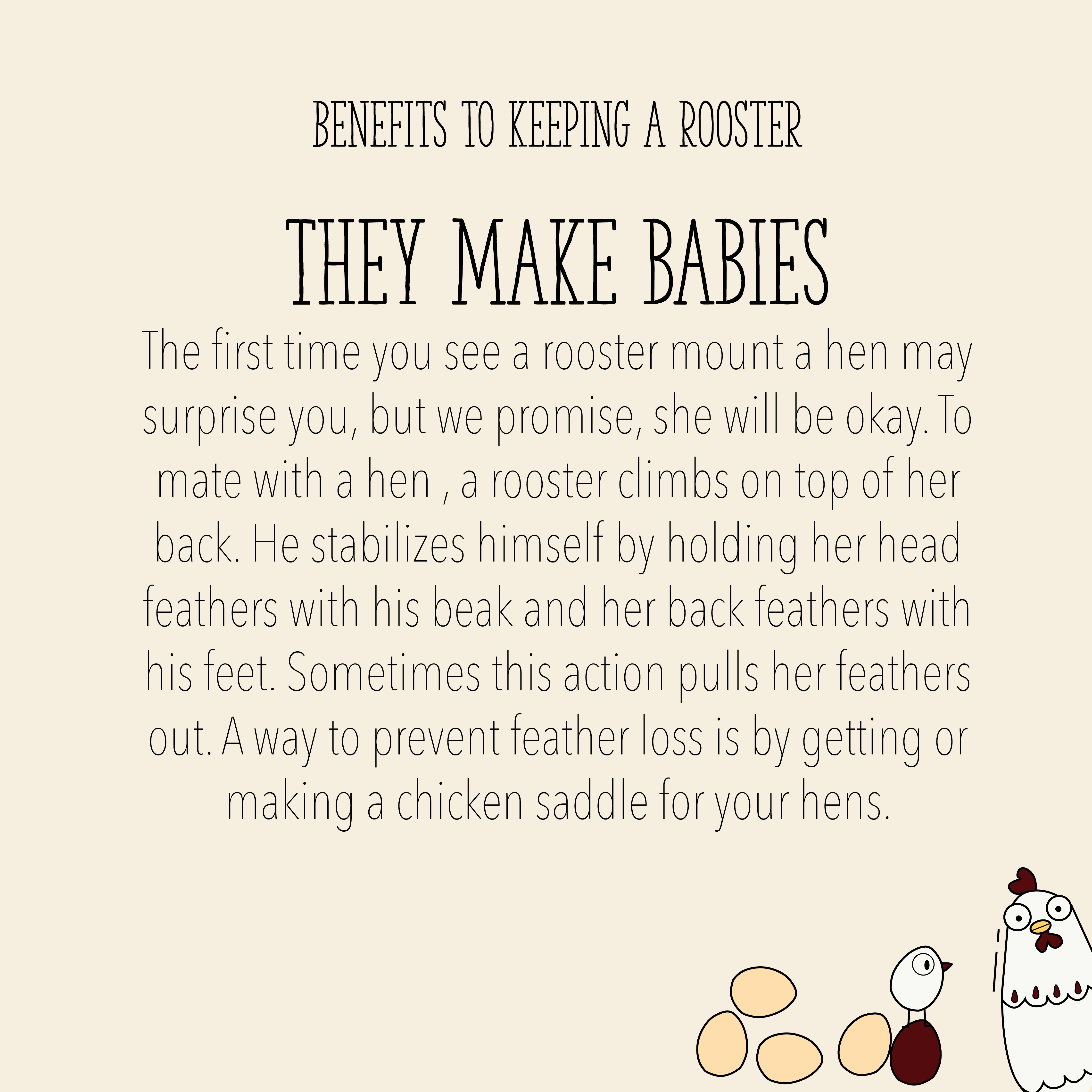
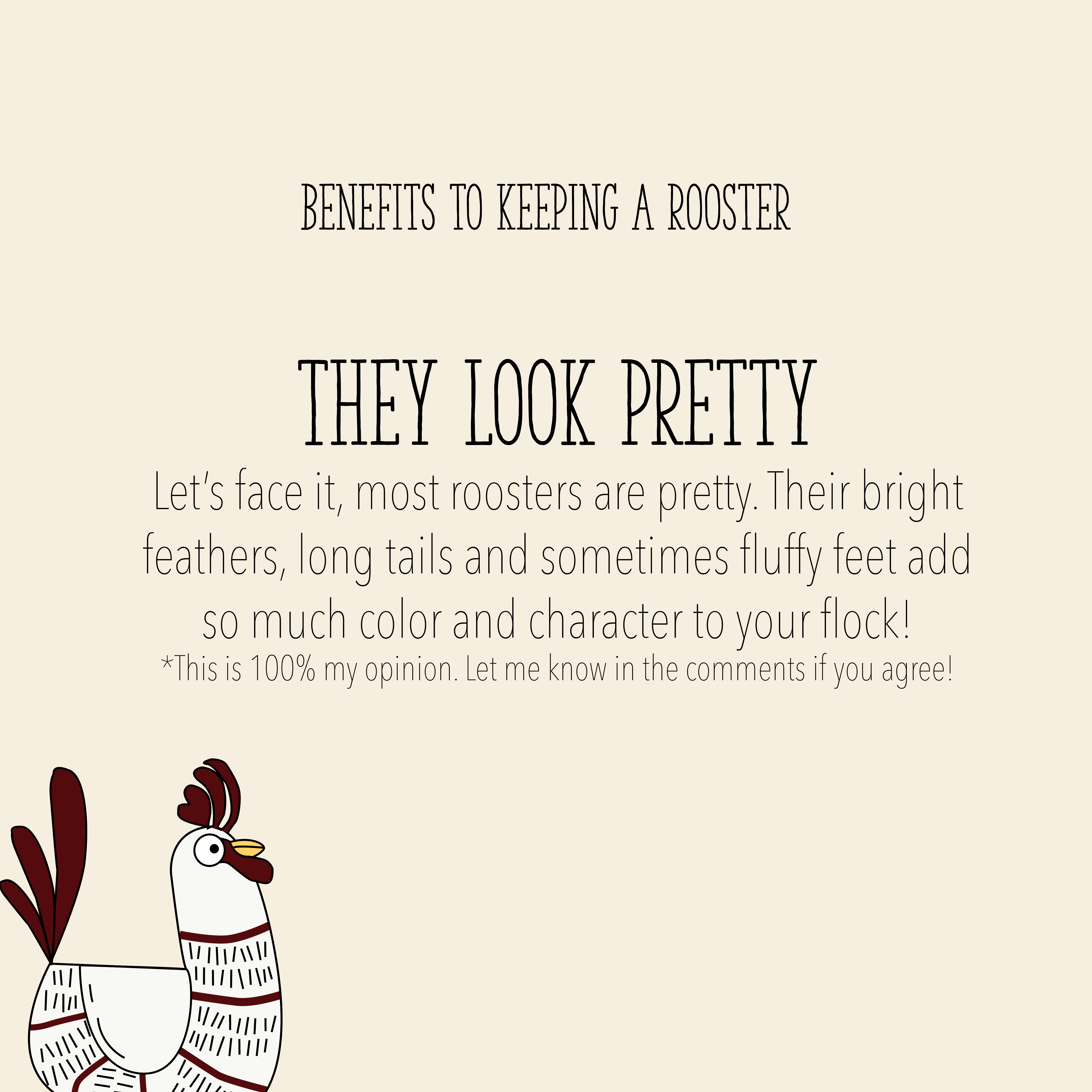
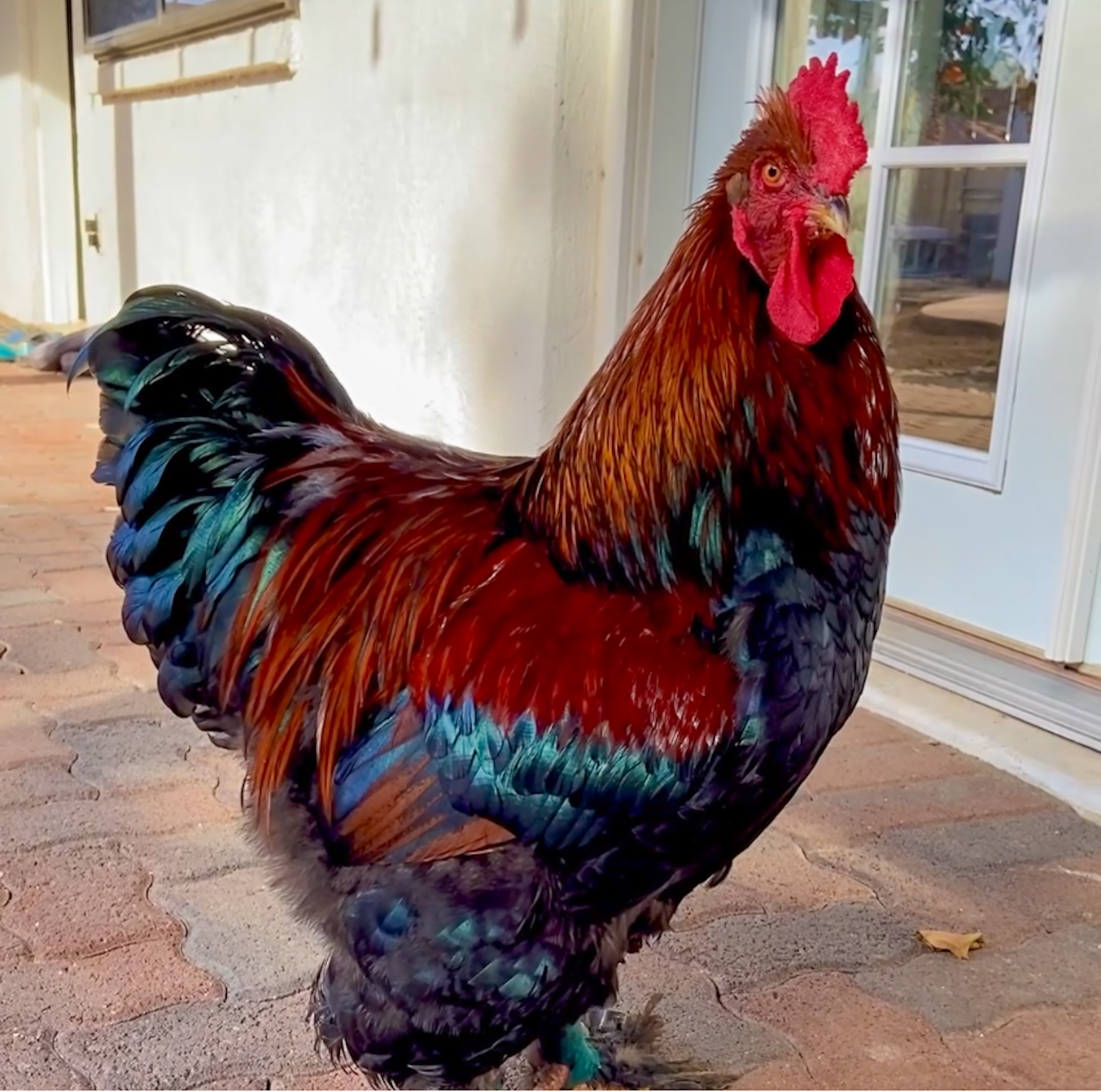
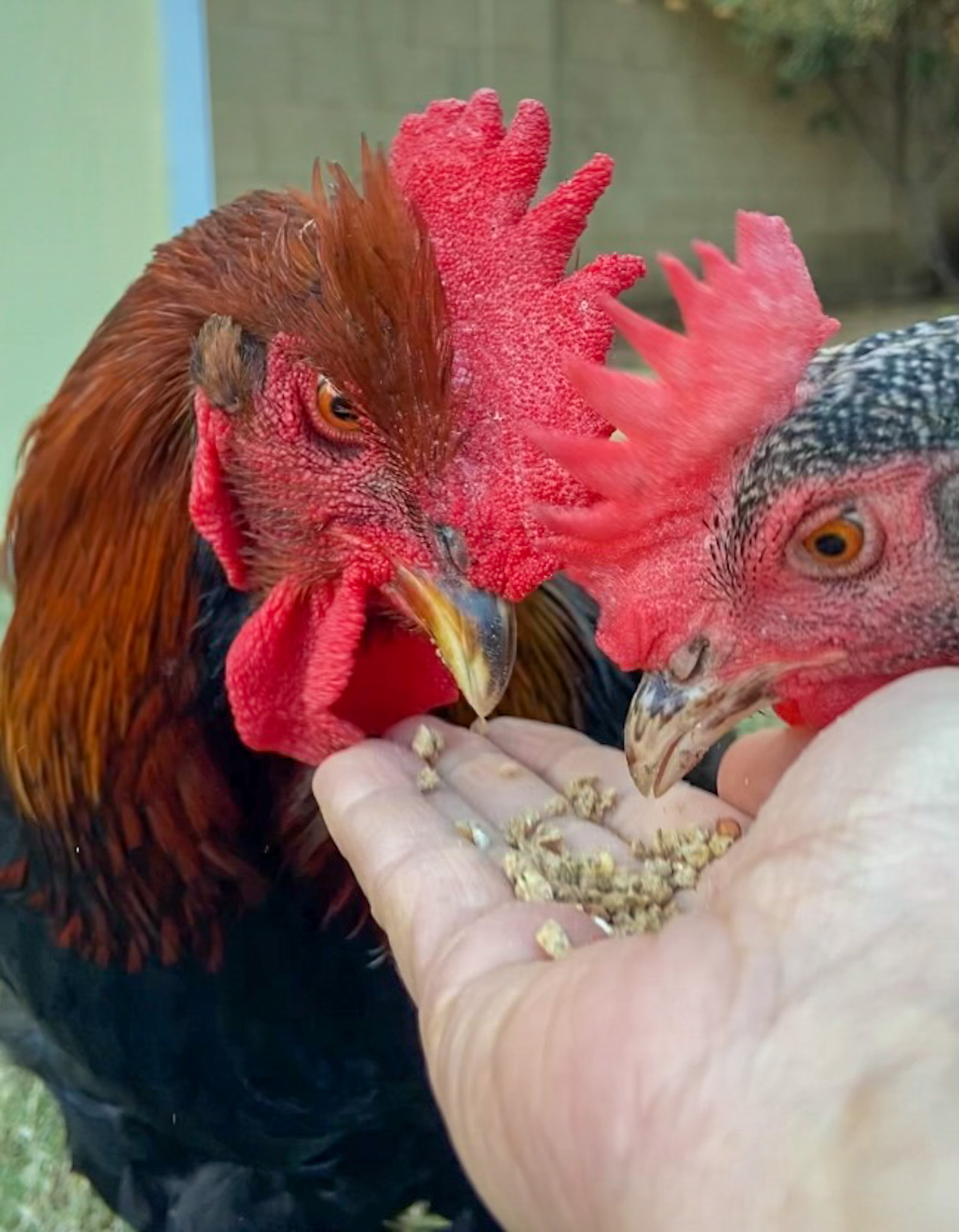

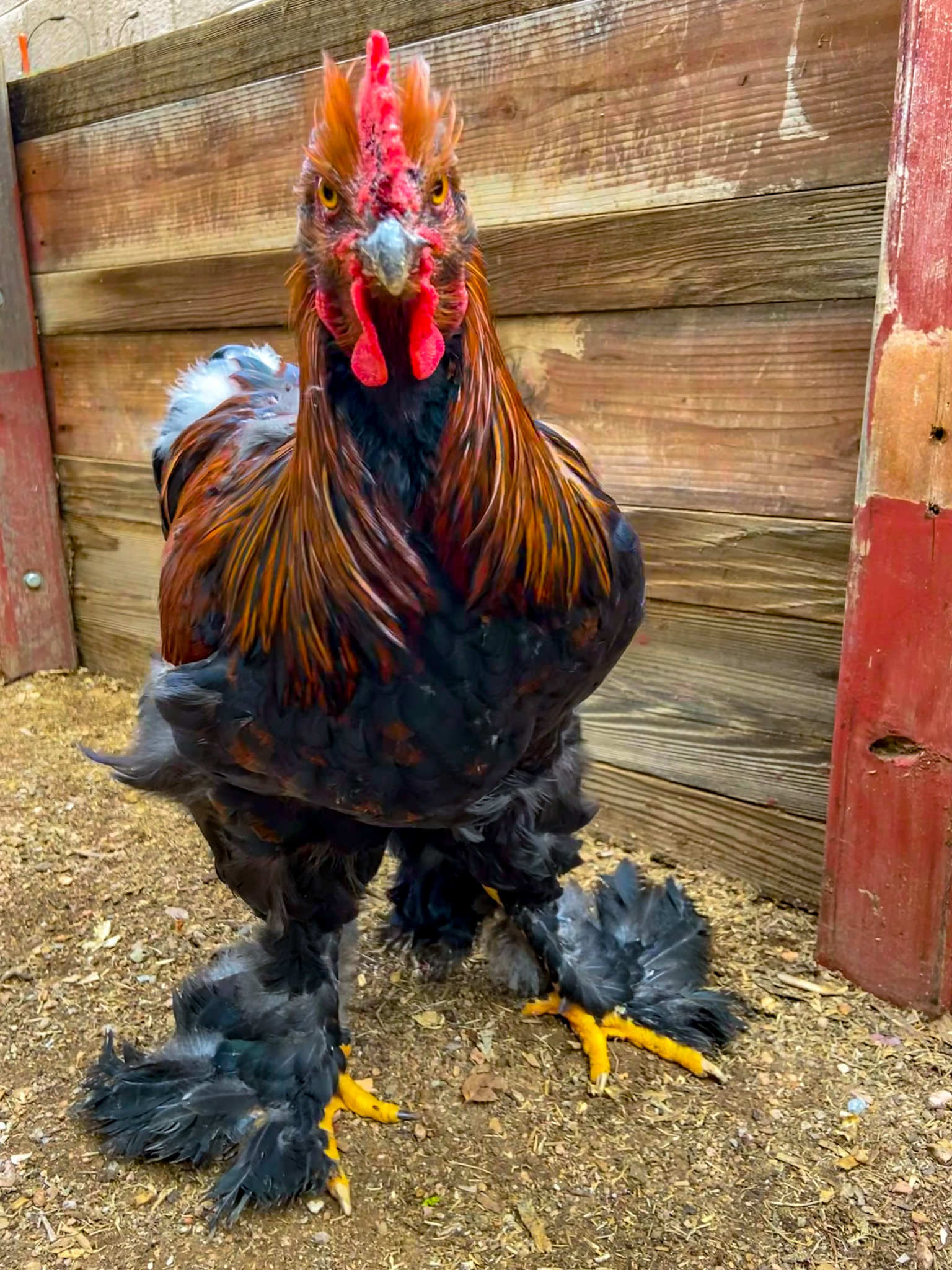




0 Comments